COP28: Foxes guarding the chicken house

Sultan Ahmed al-Jaber is not just the president of COP28, the long-running farce where global elites travel by private jet to a new capital every other year to play a roll in the pageant we call the Conference of the Parties climate degradation while wheeling and dealing their way into new revenue streams. He’s also the CEO of ADNOC, or the Abu Dhabi National Oil Company.
If those two roles strike you as fundamentally incompatible, that’s because they are fundamentally incompatible.
This single convergence of circumstance has arguably cast the entire Convention of the Parties process and reputation in the context of governance farce. And it puts anyone involved with the COP process into a position where they are complicit in what will be interpreted by history to constitute infiltration of the COP process by the international oil and gas industry.
Declining Credibility of COP
Ahmed al-Jaber, according to the BBC, is using the conference to find new projects for ADNOC. The condescension and cynicism of the United Arab Emirates leader for the entire climate debate is evident in al-Jaber’s comments to the She Changes Climate panel: “there is no science out there, or no scenario out there, that says the phase-out of fossil fuel is what’s going to achieve 1.5.”
There is nobody saying that such is the case. It is, however, widely agreed by climate scientists that mankind’s reliance on fossil fuels is one of the major contributors to rising average temperatures. It is obvious that the combustion of 90+ million barrels of oil every day – never mind the billions of cubic feet of natural gas or millions of tonnes of coal – is going to have a cumulative effect in our finite atmosphere.
But to put such an obviously energy industry compensated oil and gas executive in the top leadership role of the COP body is not just a slap in the face to every climate conscious human being – it is a glaring and terminal indictment of the total absence of leadership within the UN to assure any integrity in the proceedings. Everything else that comes out of the conference can be relegated to the bin of “greenwashing” with the foxes obviously firmly in charge of the climate hen house.
Past COP Agreements are dismal failures
If we evaluate the performance of committments made by governments at the 28 conferences that have taken place since the first COP event was held in Berlin in 1995, we can discern a pattern of big announcements, lots of media fanfare, but zero performance.
In fact, if anything, holding COP events is a direct contributor to CO2 emissions by virtue to the tonnes of CO2 emitted from the 100+ private jets that flock to whichever destination of the year is holding the event, to say nothing of the additional tonnes and tonnes of CO2 caused by the thousands of people involved in the organization, support and attendance of the conferences. It is not an exxageration to say that the climate goals elicited at the conferences would fail less miserably if the conferences simply did not take place, or did so online.
COP 3 resulted in the Kyoto Protocol, which was again, hailed as a great breakthrough by the participants, but by the time of its expiry in 2012, it was deemed to have “no significant impact on the climate”. This was attributed to the Kyoto emissions targets being “too generous” at a 5% reduction in emissions for industrialized countries. Despite such magnanimity, none of the signatories to the Kyoto treaty reported actually achieving the emissions target they had committed to, unless they were a developing country whose emissions were already below their assigned target in 1997.
During the precursor to the COP process inauguration in Toronto in 1988, it was established that global CO2 emissions would need to be decreased by 20% from the levels in 1988. Instead, by 2005, CO2 emissions globally rose by 32%.
The emissions of CO2 since the first COP conference have steadily increased, with any impact of COP not visible at all in the accumulated data (see charts below).
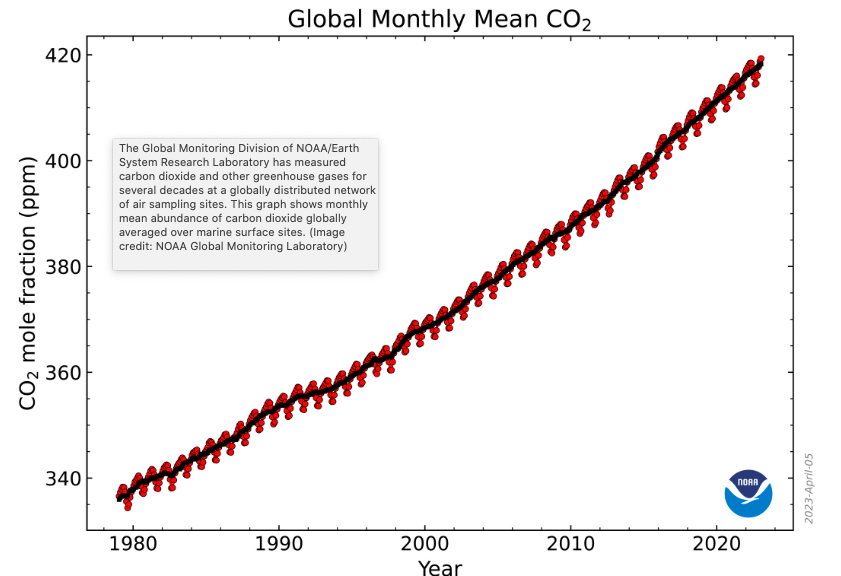
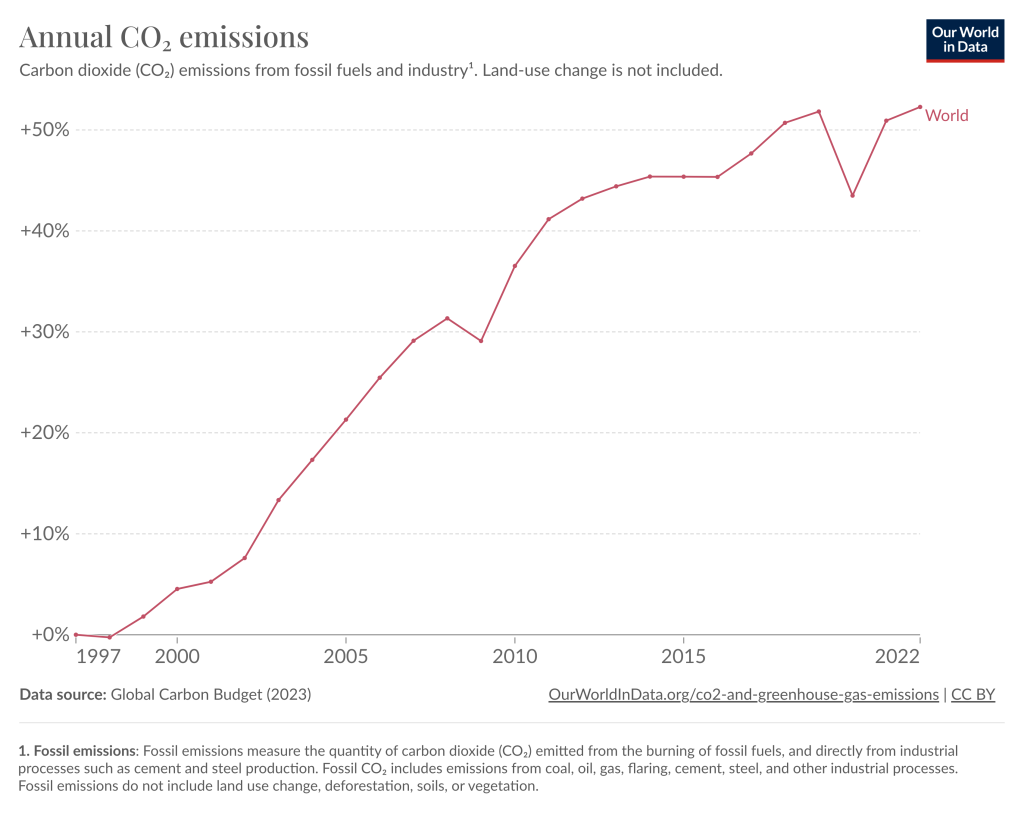
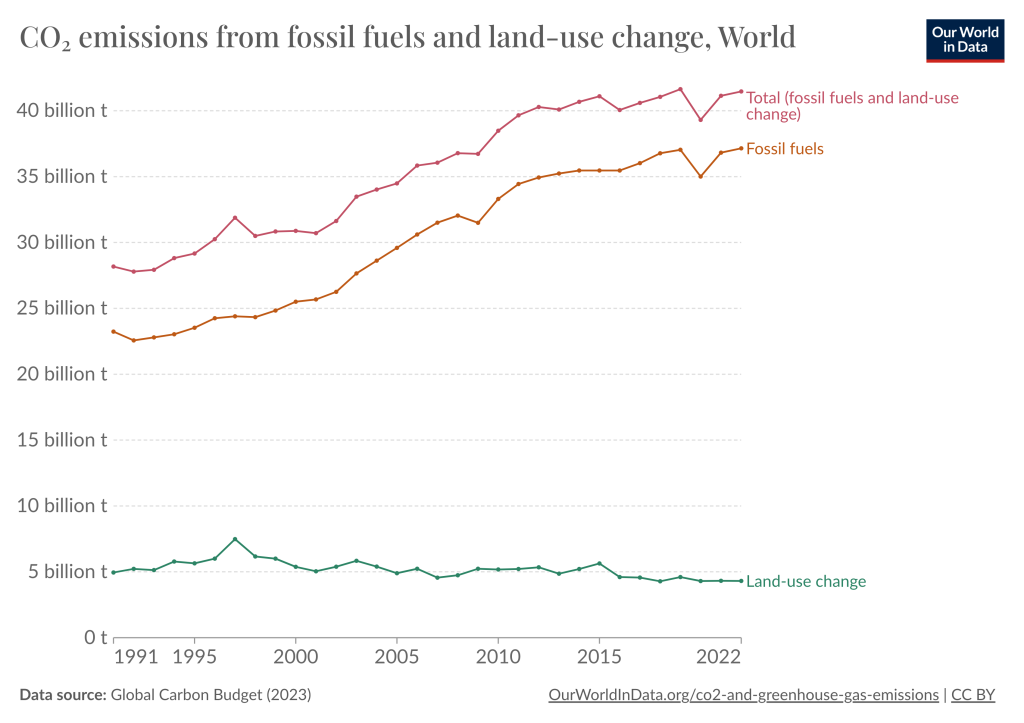
COP28 Destroys UN Climate Change Action Credibility
So in light of this bottom line, disappointing data, we really see that a)governments are not only incapable of having any meaningful effect, but they are not even able to configure a global response in the most fundamental way needed; and b) CO2 and CH4 emissions will result in average higher temperatures around the world, and most likely, much higher than the 2 degree target, and much faster than any timetable presented by current science.
The only hope of reducing human-driven climate change acceleration is through the collective actions of individuals choosing to reduce their procreativity, their hydrocarbon consumption and their per capita energy requirements.
That is not likely to happen, what with all of the media focused on selling us new cars, trips to here and there and everywhere, and the false education that results from post secondary institutions now prioritizing a business-oriented agenda. So get ready for the hottest summers you’ve ever seen, with the biggest storms, and non-stop wildfire season.
Thanks COP! For nothing.


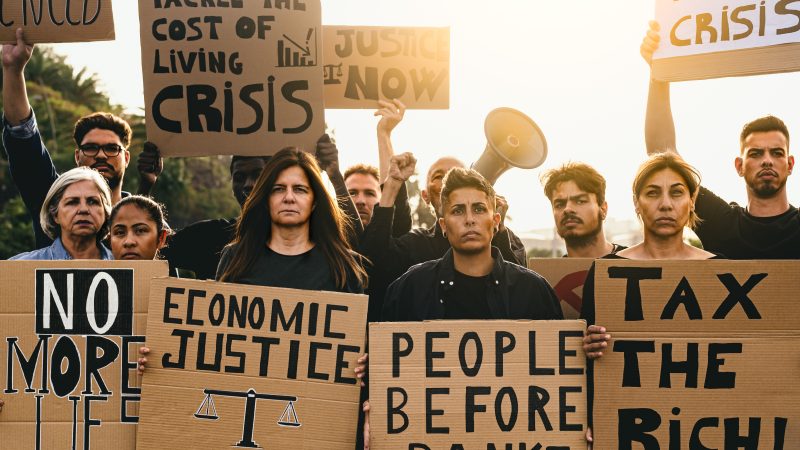
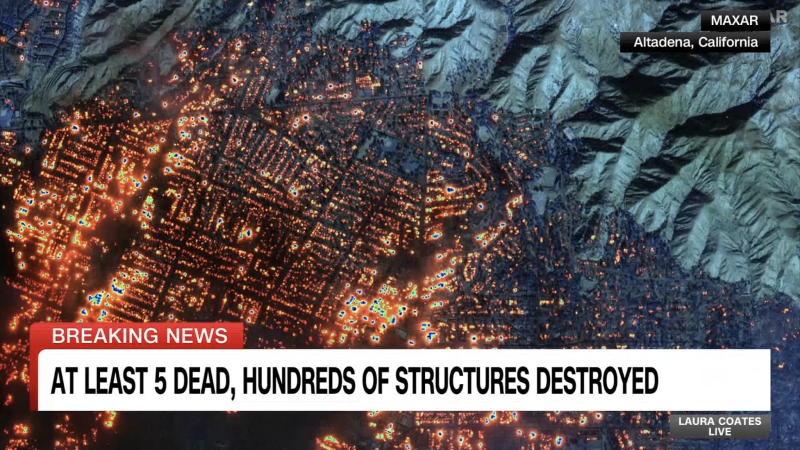
Been messing around on vk88casino lately, and it’s not bad! Good selection of slots and table games, and the interface is smooth. Fast payouts too. Give it a peek: vk88casino
Hey guys, vin88top is alright, I guess. Nice interface, a lot of options- the usual. What I appreciate is how the site loads. Feel free to check them out: vin88top
Alright, va88ads! Not gonna lie, I was expecting a bit more. The site’s alright, but the game selection isn’t hitting the mark for me personally. Give it a try and see if it’s your cup of tea: va88ads
Yo! Been messing around on sun789bet. Pretty standard stuff, but the odds seem decent. Definitely worth comparing against your usual haunts. Good luck! sun789bet
Hey everyone! Just checked out alo789topvn. Seems pretty legit, decent selection. Might be worth a look if you’re hunting for something new. Check it out for yourselves alo789topvn!
Sup, stumbled across 98winvietnam the other day. Pretty interesting site. Different vibe than what I’m used to, but not in a bad way. Worth checkin’ out if you’re lookin’ for somethin’ a little different.
Hey guys, just wanted to say KU19NET is my new go-to! Seriously, the games are popping and the wins feel oh-so-good. Give ku19net a try, you won’t regret it!
Just cruised over to linkf8bet. It’s got a solid variety of games, might be something you are interested. Here is the link for you:linkf8bet
Word on the street is f8beta2con is up-and-coming! The design feels really modern. Give it a try and see if you will like the games: f8beta2con
Xoxo66… hugs and kisses and maybe some winnings? Hope the site is fun and engaging. Let’s see what xoxo66 has to offer! xoxo66
Esportebet is good to know sports betting. With a lot of matches it might become your favorite betting site. See for yourself: esportebet
58wingame ain’t bad. Decent selection of games. I managed to snag a small win last week. Worth a try! Check it out: 58wingame
It’s so important to be mindful of how we spend our time online, and creating can be a healthy outlet! Tools like this AI Agent are amazing – accessible on any device, which is a huge plus for balancing life & creativity. Let’s build positive digital habits! ✨
iMhwVBW4f34